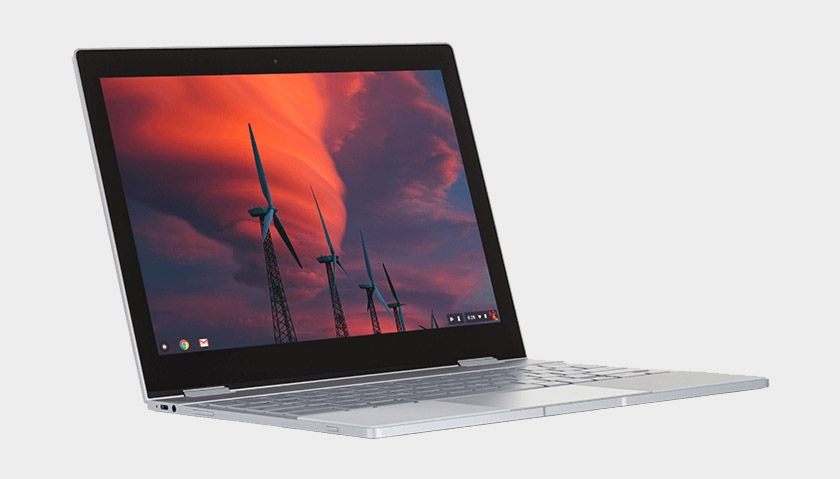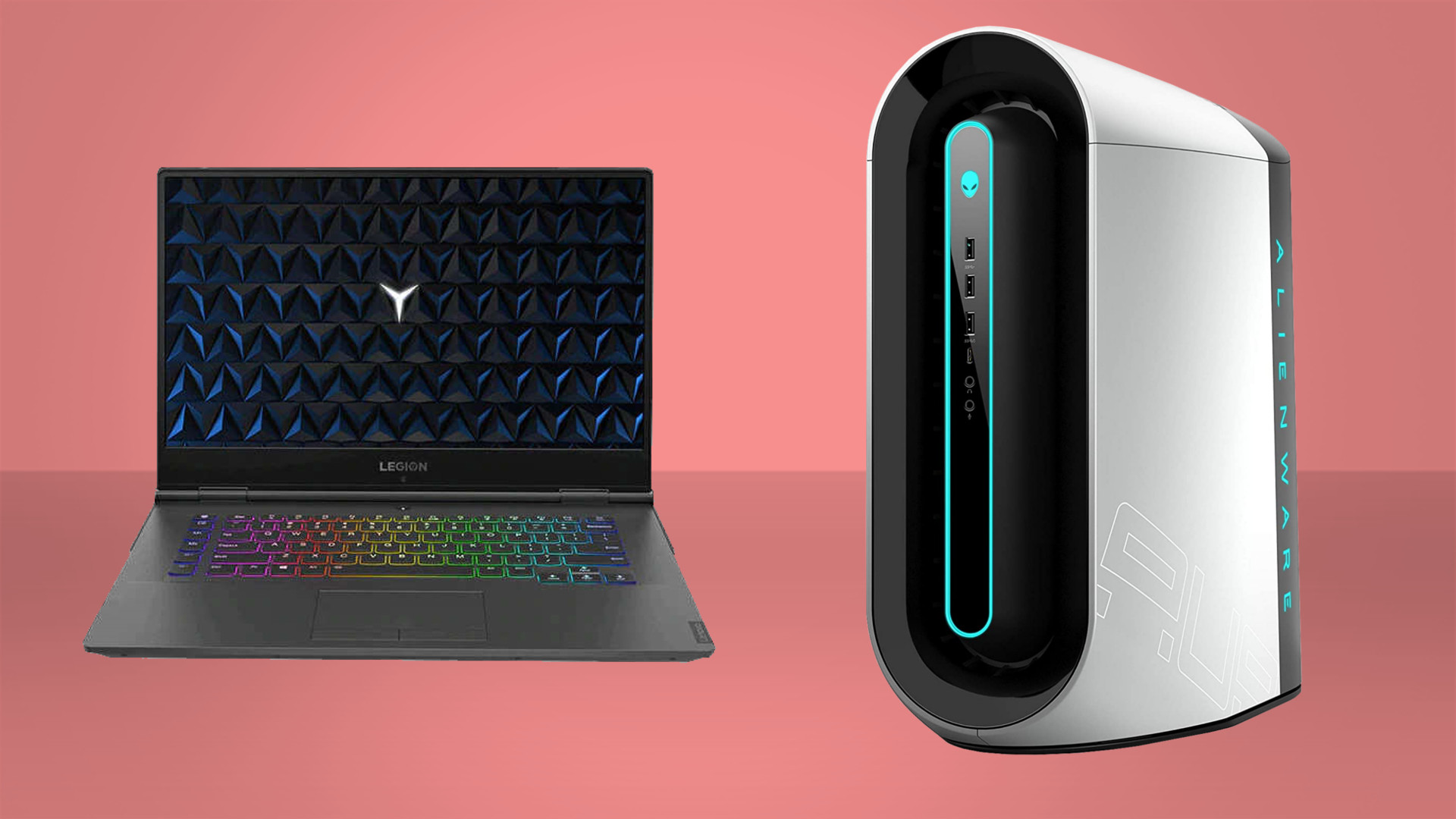Google scraps its Pixelbook laptop range
No more Google laptops?

Google has cancelled its Pixelbook laptop and shut down its development team, making the decision in order to cut costs and consolidate its product portfolio. Though the choice was just as likely due to the Pixelbook simply being unable to distinguish itself enough from the improving quality of other manufacturer's Chromebooks (via The Verge).
Well-made Chromebooks—which are ostensibly budget laptops—made it difficult for Google to justify the premium price of the Pixelbook. At its heart it's still a Chromebook, and that made it difficult to generate enough interest to compete with the likes of Macbooks or Microsoft's Surface.
Despite the tough competition, the Pixelbook showed off what a Chromebook was really capable of, combining a high spec and premium design with the Chrome OS and full Android support. But that combination relegated it to niche status. With Pixelbooks launching at $999/£999 and going up to $1,699/£1,699 it was always going to be a tough sell in a competitive market.
The next Pixelbook was reportedly in the later stages of its development, indicating other factors contributed to its cancellation. The post-pandemic downturn in the PC market is surely one of those factors. Chromebook sales boomed during the early days of the pandemic, as parents scrambled to buy affordable laptops for kids forced to learn from home during long lockdown periods. That kind of growth was unsustainable, and as we reported back in April, worldwide PC shipments fell by 7.3% in the first quarter of 2022. If Chromebooks are removed though, the market actually grew by 3.3%. Ouch.

Best gaming PC: The top pre-built machines from the pros
Best gaming laptop: Perfect notebooks for mobile gaming
Faced with that kind of drop in demand and the difficulty of convincing buyers to pay big bucks for what many users consider to be a budget platform, we shouldn't be surprised that Google wasn't confident in the Pixelbook going forward.
It's a bit of a shame really. Android's versatility remains a strength, and the Pixelbooks powerful hardware delivered a quality user experience, but that was in 2017. Smartphones are even more ubiquitous now, while Windows devices and Macbooks retain their own strengths, particularly with regards to professional applications, productivity, multitasking or the Windows UI.
The Pixelbook's hardware was great, but it was a niche product. Google is still committed to its Pixel phone and smartwatch businesses, leaving the Pixelbook as an interesting product in Google's history, but somewhat sadly, one that didn't live up to its potential.
The biggest gaming news, reviews and hardware deals
Keep up to date with the most important stories and the best deals, as picked by the PC Gamer team.

Chris' gaming experiences go back to the mid-nineties when he conned his parents into buying an 'educational PC' that was conveniently overpowered to play Doom and Tie Fighter. He developed a love of extreme overclocking that destroyed his savings despite the cheaper hardware on offer via his job at a PC store. To afford more LN2 he began moonlighting as a reviewer for VR-Zone before jumping the fence to work for MSI Australia. Since then, he's gone back to journalism, enthusiastically reviewing the latest and greatest components for PC & Tech Authority, PC Powerplay and currently Australian Personal Computer magazine and PC Gamer. Chris still puts far too many hours into Borderlands 3, always striving to become a more efficient killer.

